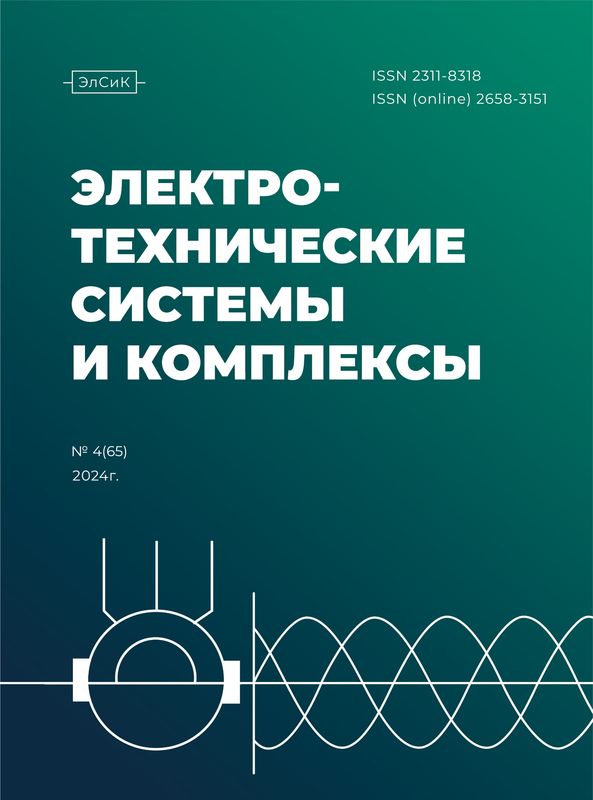Abstract
The mostly used method for consequences assessment of consumers curtailment is the way of macromodeling which is connecting the consumers damage with the dead power magnitude and/or with the non-received electricity. This method is simple, but it has an important disadvantage: it doesn't allow to get appropriate assessments of damages at the factory level and lower. It is necessary to use the principles of aggregative simulation (which is the common approach) in such situations.
The cross functional principles of mathematical aggregative industrial energy consumers systems model production and determination for consequences assessment of consumers energy curtailment are set up in the article. The model allows to evaluate the consequences of consumers curtailment by all kinds of criterias taking into account stochastic behavior of information and to get required numerical characteristics of consequences assessments (mathematical expectations, probabilities, dispersions, confidential interval, risks).
Keywords
Electricity, customers, outage, consequences, model, assessment.
1. Kitushin V.G. Nadjozhnost' energeticheskih sistem [Reliability of electric power systems]. Moscow: Vishaya shkola. 1984, 256 p.
2. Nepomnjashhij V.A. Ekonomicheskie poteri ot narushenij elektrosnabzhenija potrebitelej [Economic losses on account of consumer electrical disturbance]. Moscow: Publishing house of MPEI, 2010, 188 p.
3. Jedel'man V.I. Nadjozhnost' tehnicheskih sistem: ekonomicheskaja ocenka [Reliability of technical systems: economic evaluation]. Moscow, Economy. 1988, 151 p.
4. Chervonnyj E.M., Sharygin M.V. Racional'noe raspredelenie otkljuchaemoj moshhnosti mezhdu potrebiteljami pri likvidacii avarijnoj situacii v energosisteme [Rational disabled capacity allocation among the consumers within the liquidation of emergency situation in the power system]. Metodicheskie voprosy issledovanija nadjozhnosti bol'shih sistem energetiki [Methodical issues of the big energy systems reliability researching]. Vol. 56. The tasks of reliability of reforming energy system and the methods of their solutions. 2006, pp. 250-258.
5. Papkov B.V., Kulikov A.L. Osnovy teorii sistem dlja elektrojenergetikov [Fundamentals of power generation industries systems theory]. Nizhny Novgorod: The publishing house VVAGS, 2011, 456 p.










